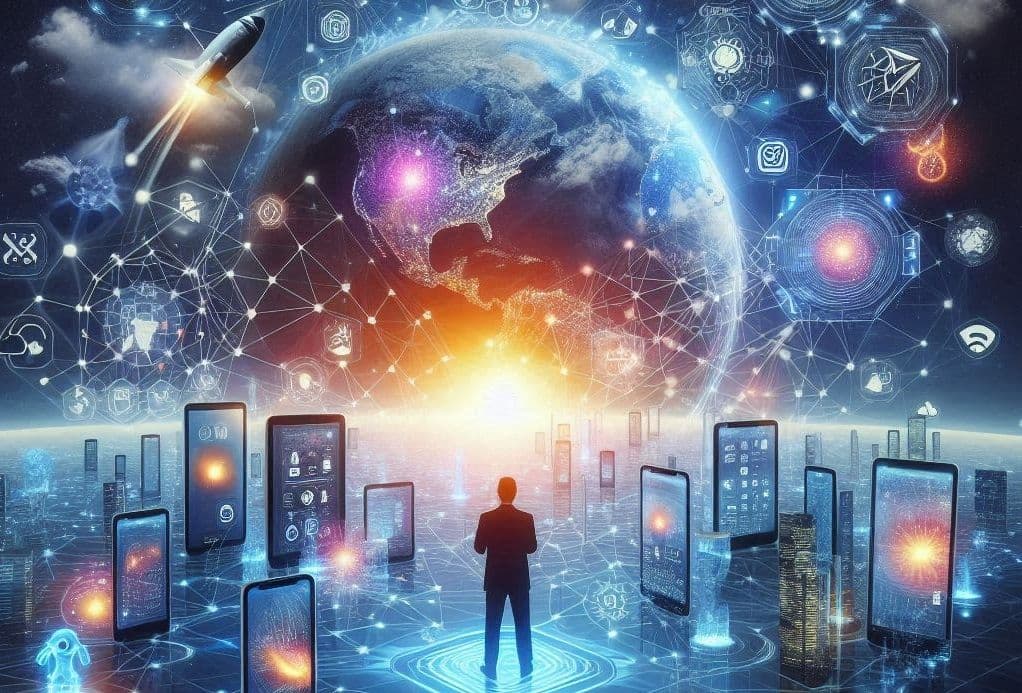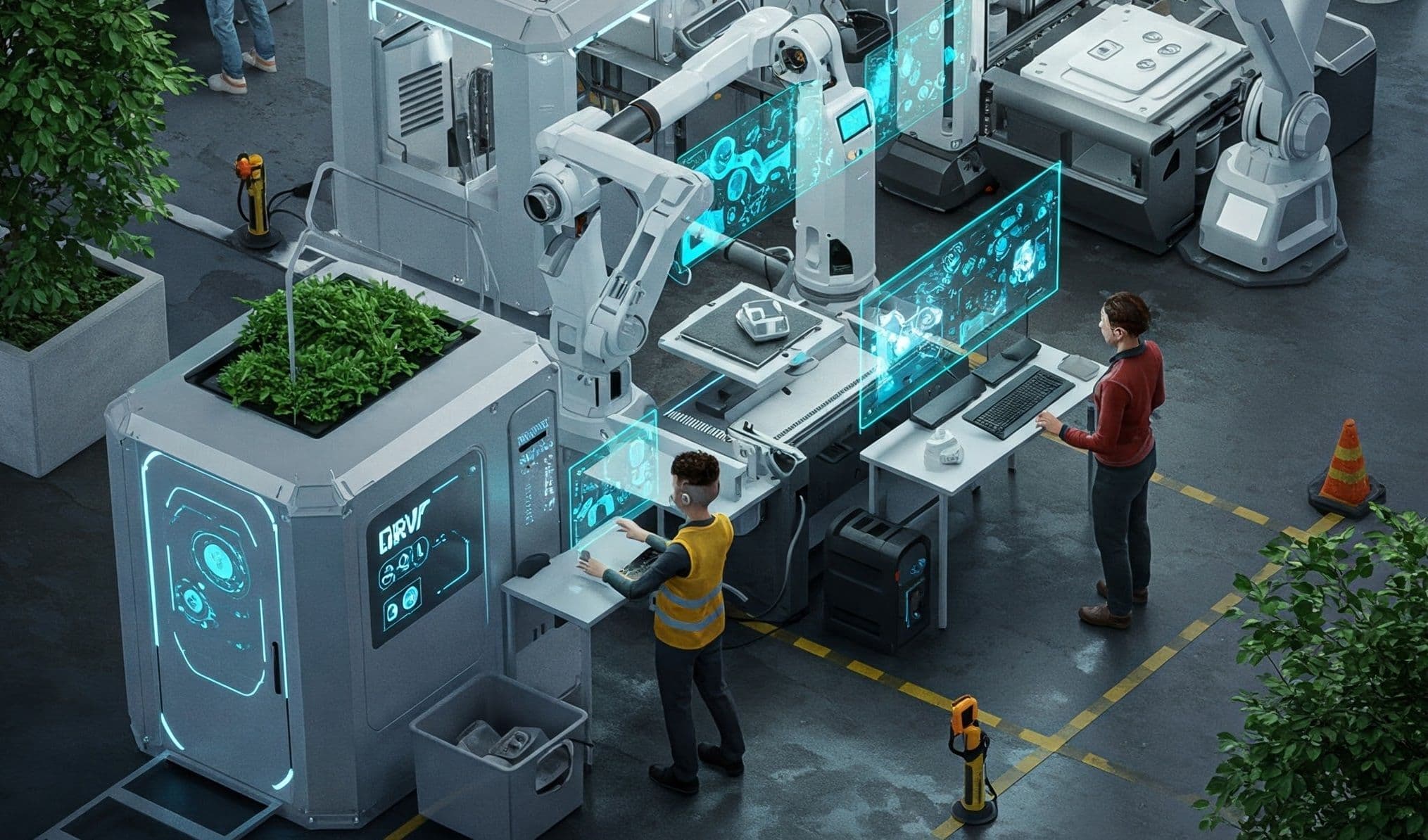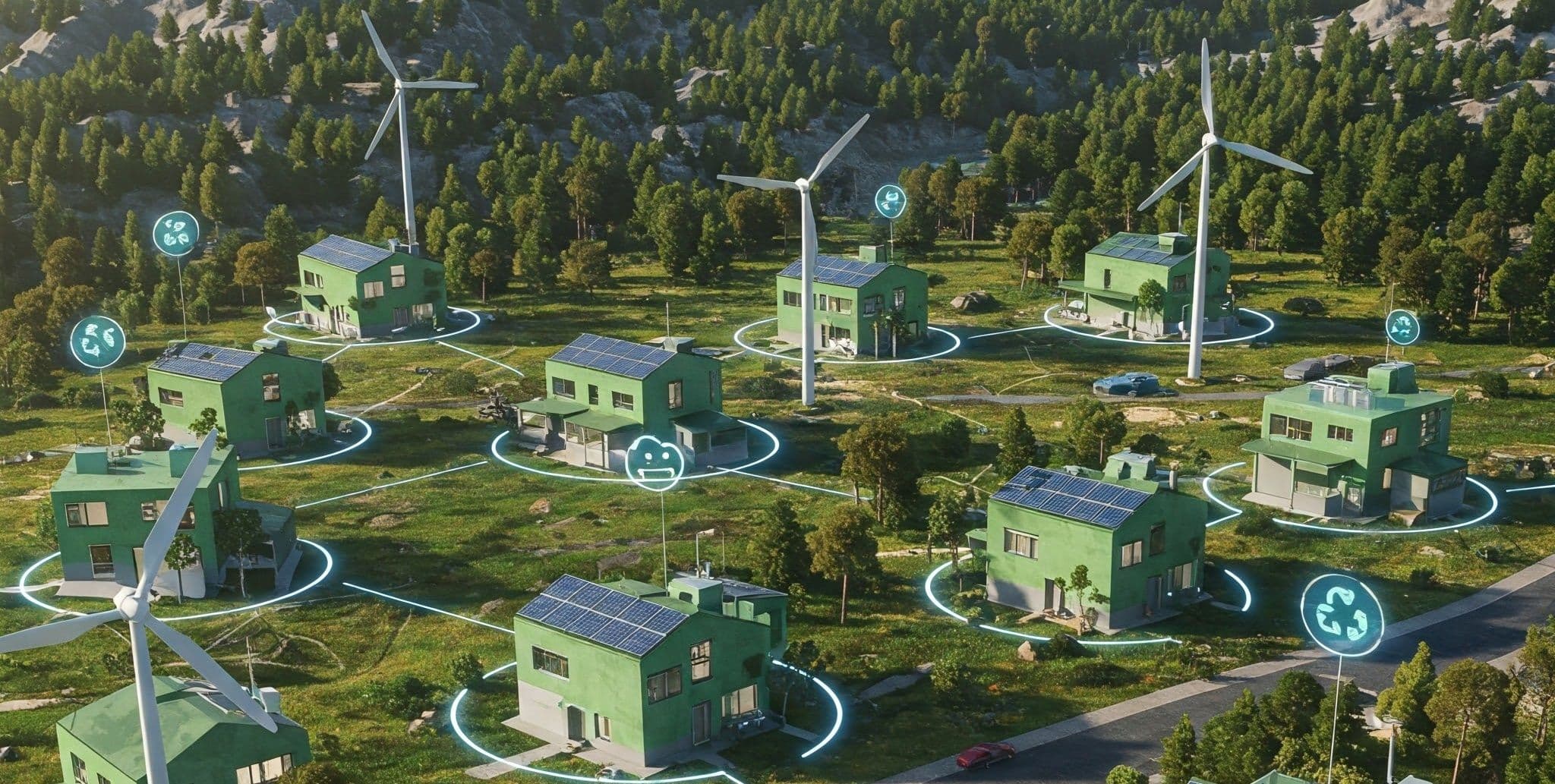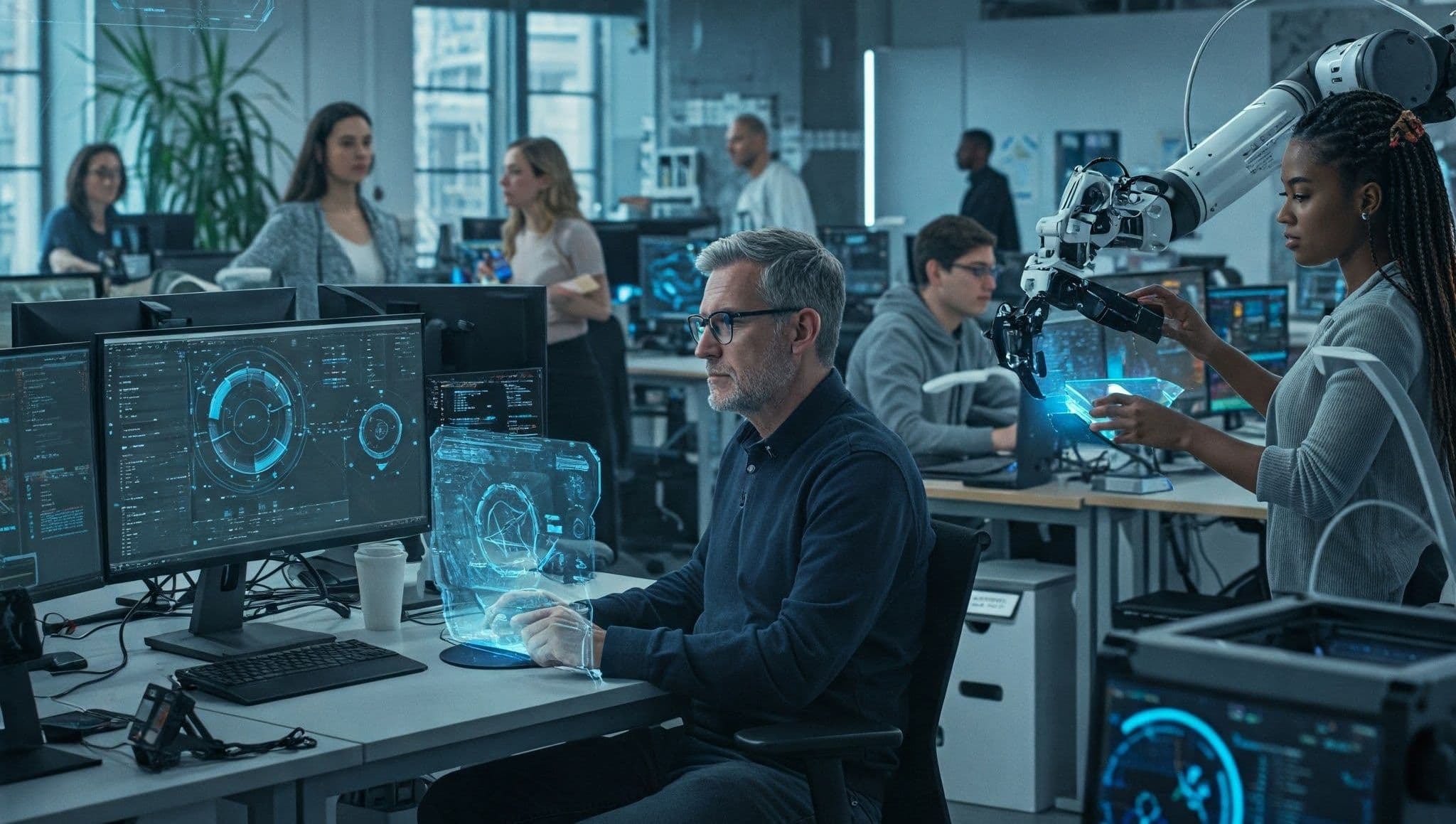
Are We Ready for the Future of Work?
Automation, new skills, and digital transformation are reshaping the global job market—demanding adaptability, continuous learning, and a redefinition of human value in the workplace.The future of work is no longer a hypothesis—it is a revolution in motion. It is not just about robots assembling cars or algorithms managing emails. It is a profound shift in how we understand employment, productivity, and, most importantly, the human role in an increasingly automated and intelligent economy.
Technological acceleration—from artificial intelligence to the metaverse—not only redefines tools and processes but also blurs borders, alters schedules, and challenges traditional notions of offices, hierarchies, and career paths. Today, more than ever, working does not necessarily mean "going to work." In this new paradigm, those who fail to adapt risk being left behind, speaking a language the market no longer understands.
Redefining the Labour Market
Technology’s impact on the workplace is not new, but its current speed and depth are unprecedented. The automation of repetitive tasks, AI capable of making complex decisions, and the rise of digital platforms have transformed traditional employment.
Some professions disappear, others reinvent themselves, and new roles emerge—machine learning engineers, immersive experience designers, ethical data analysts, among others. However, this transformation is not uniform. In manufacturing, robots have replaced operators; in services, AI is beginning to take over administrative, legal, and accounting functions. But it is not all about replacement—technology also amplifies human labour, enhancing efficiency, precision, and creativity.
This new landscape demands a different mindset: knowing how to do something is no longer enough—it is now imperative to know how to learn. Work is no longer a physical place or a fixed routine; it has become a constantly evolving network of skills.
The Future of Work Is Now
The scale of this change is backed by concrete figures. According to the World Economic Forum's Future of Jobs Report 2025, up to 170 million new jobs will be created in the next five years, driven by technology and the green transition. At the same time, 92 million positions will disappear, reshaping 14% of the current global workforce.
The roles with the greatest potential are linked to technological development—big data specialists, artificial intelligence experts, fintech professionals, and cybersecurity analysts, alongside careers in energy transition. The most valuable skills are not just technical but also human: analytical thinking, resilience, agility, creativity, and social leadership are becoming indispensable.
In this new labour order, adaptation is not optional—it is the key to professional relevance.
The Importance of Talent
The speed of digital transformation has widened the gap between the skills the market demands and those workers currently possess. Organisations face a paradox: while new opportunities emerge, propelled by technology, there is a shortage of talent capable of seizing them.
Advanced digital skills, analytical thinking, and the ability to continuously learn are increasingly valued but are not always present in existing workforces. This disconnect undermines competitiveness and slows innovation.
Investing in training, reskilling, and upskilling, as well as strengthening collaboration with educational institutions, is essential for ensuring a more sustainable and inclusive future of work.
The Office Is No Longer a Place
One of the most visible and radical changes is the dissolution of physical boundaries in the workplace. What began as an emergency measure during the pandemic has solidified into a new normal—remote work is no longer an exception but a widespread and sustainable model.
Video conferencing, cloud-based collaborative platforms, generative AI, and virtual environments enable global teams to coordinate and manage projects in real-time. Talent location no longer matters—what counts are the skills people possess. However, this flexibility also brings challenges: ensuring emotional well-being, avoiding hyperconnectivity, and fostering a company culture without walls.
The future workplace will be hybrid, global, and digital, requiring both advanced technologies and organisational emotional intelligence.
Between Fear and Opportunity
The fear of machines replacing humans persists, but data suggests a more nuanced scenario. According to the International Labour Organisation (ILO), most jobs and industries are partially exposed to automation but are more likely to be complemented rather than eliminated.
The real impact is not mass job destruction but a profound transformation in the nature and quality of work. This raises urgent questions: How can we ensure technology improves labour conditions rather than making them precarious? What policies should be introduced to protect workers' rights in automated environments? How do we guarantee an inclusive technological transition?
The challenge is not to halt technological progress but to humanise its implementation, ensuring that no one is left behind in the process.
Building Humanity
The future of work is not a destination—it is a process we are shaping in real time. Every technological advance, business decision, and public policy helps design a new labour map that challenges traditional ideas about employment and productivity.
Far from being a threat, technology can be an ally in creating more flexible, inclusive, and meaningful jobs. But achieving this requires more than technical innovation—it demands vision, ethics, and courage to rethink work from its foundations.
It is not just about asking what role humans will have in a world of machines—it is about determining what kind of humanity we want to build in this new digital era. Because the real future of work will not be dictated by an algorithm—it will be crafted by our collective ability to shape it with intelligence, empathy, and purpose.




